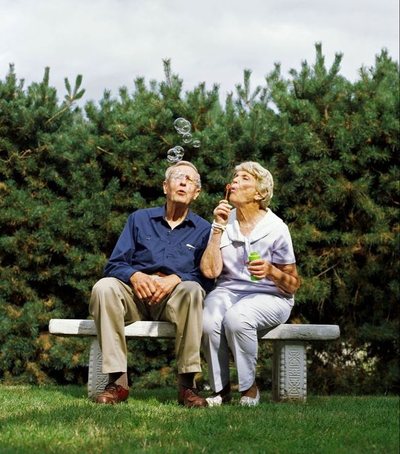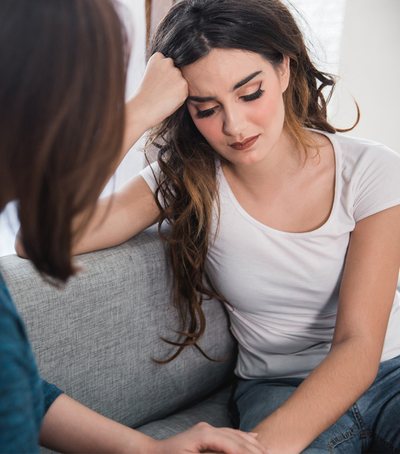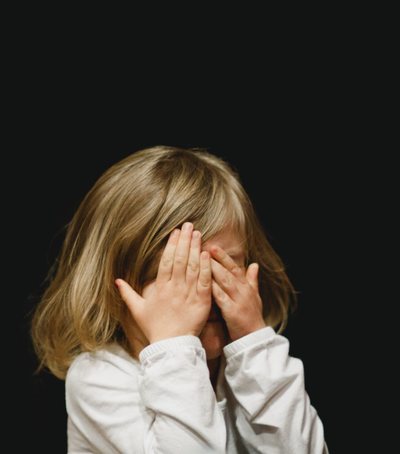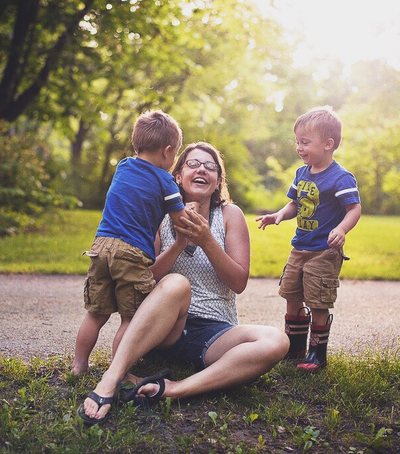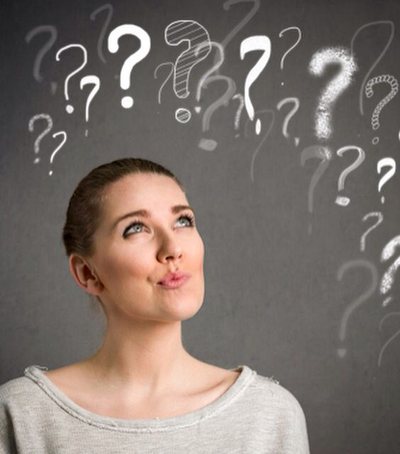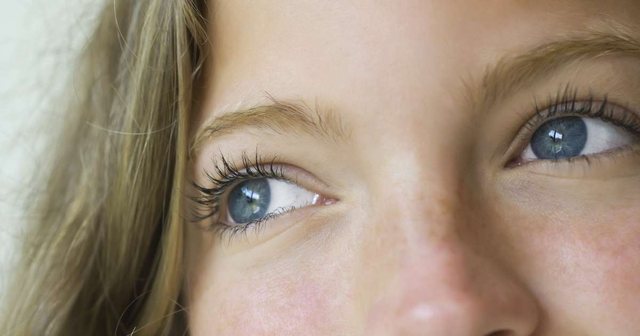
For some people, cold temperatures and shorter days recall the wonders of the cold season, cozy nights near the cockpit with bubble fire. But for others this season is translated into despair, boredom. Scientists say there may be an indication of why some people suffer from seasonal emotional disorder (SAD) while others do not. According to a recent study, eye color can play an important role.
The new research, published in the Journal of Science and Behavioral Psychology, revealed that people with light blue eyes or blue eyes tend to have less seasonal availability during the winter as well as problems with weight, appetite, sleep and social activity. The study included 175 university students and graduates from South Wales and Cyprus, with an average age of approximately 24 years.
"The reason why eye color can make some people prone to depression or mood swings may be due to the amount of light that an individual's eyes can process," writes Lance Workman, PhD, the lead author of study and professor of psychology at the University of Wales.
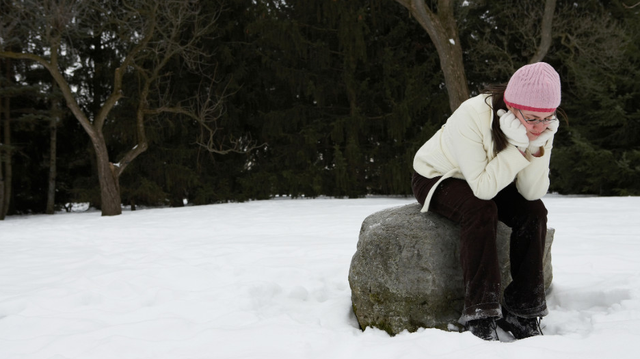
Eyes with less pigment blue or gray, for example, are more susceptible to light, which means that they do not need to absorb so much for their retinal cells to take and process images. This also means that people with open-ended shades emit less melatonin during autumn and winter. Melatonin is a hormone produced by the body that helps us sleep. But some experts believe that much melatonin or an imbalance of melatonin and serotonin, another hormone that regulates the mood of humor can make people feel tired or depressed.
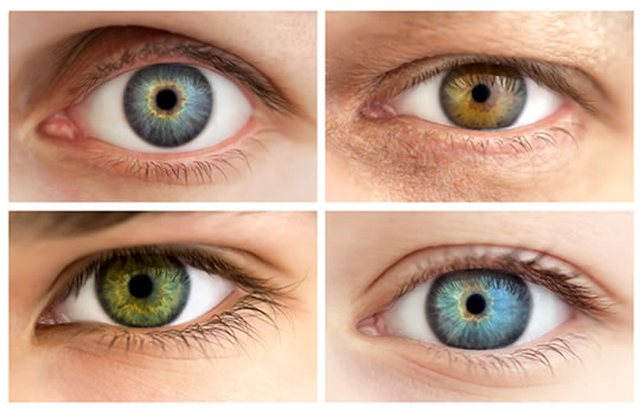
Therefore, Workman wrote, people with open eye shade produce less melatonin and may have "resistance to seasonal emotional disturbances," though he points out that it is not a guarantee against winter depression. Previous research has also suggested that people with brown or dark eyes are more likely to be depressed than those with blue shades.
Of course, Workman says eye color is by no means the only factor that determines whether a person will develop seasonal depression or not. Even people who spend many hours in closed environments are also more vulnerable to depression.

